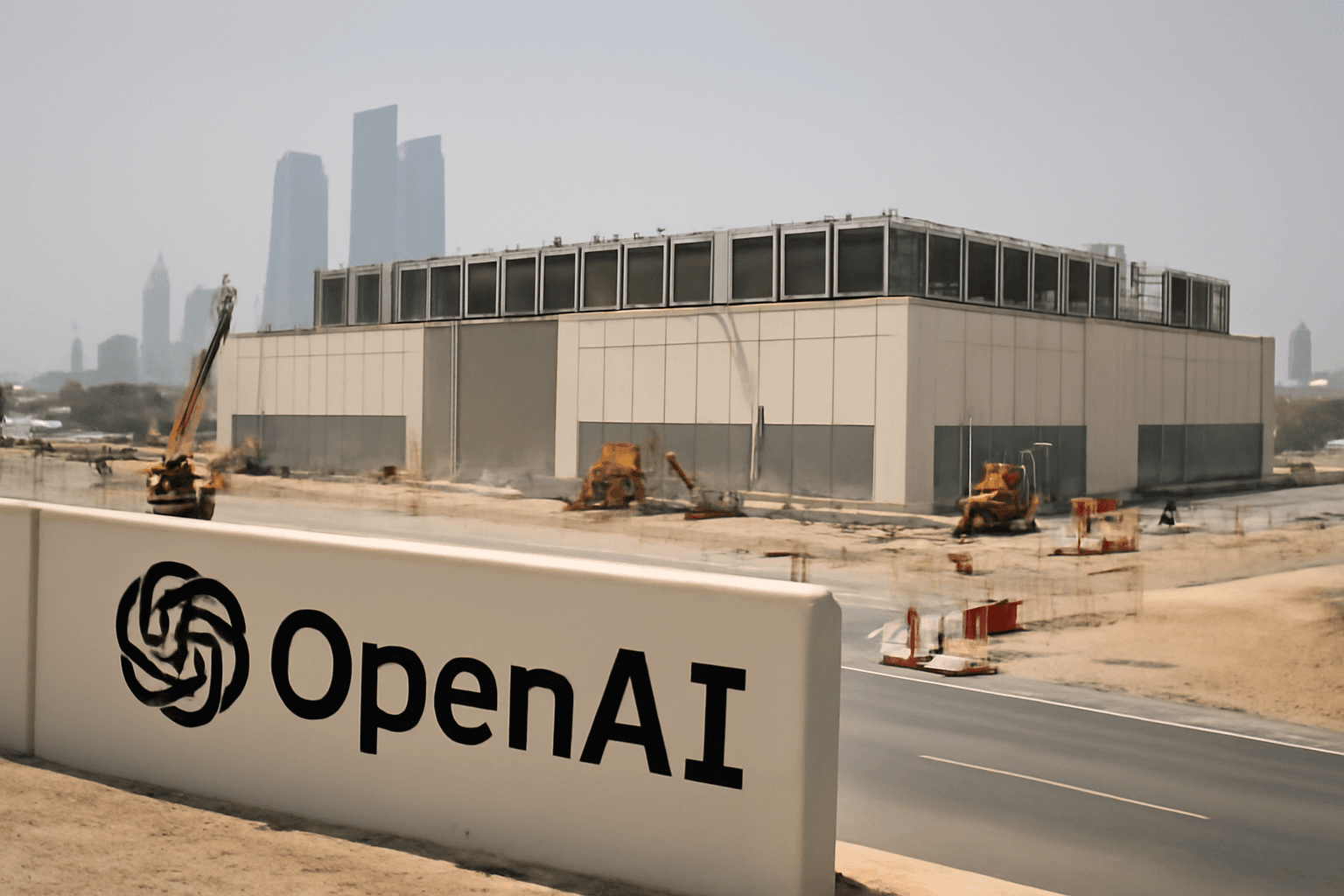AI Startup Builder.ai Files Bankruptcy After Fraudulent Claims
London-based startup Builder.ai, valued at $1.5 billion and backed by Microsoft and a Qatari sovereign wealth fund, has filed for bankruptcy following revelations that its acclaimed AI-powered app development platform primarily relied on human labor rather than artificial intelligence.
Misleading AI Claims and Large-Scale Human Involvement
Builder.ai promoted itself as a technology company that could build apps in minutes using artificial intelligence, powered by its digital assistant named “Natasha.” However, investigations uncovered that approximately 700 engineers in India were manually coding applications, contradicting the company’s AI-driven marketing.
Financial Irregularities Prompt Collapse
The startup’s downfall accelerated in May 2025 when financier Viola Credit seized $37 million from Builder.ai’s accounts after uncovering significant revenue inflation. The company’s founder, Sachin Dev Duggal, reported $220 million in sales for 2024, but an independent audit revealed the actual figure was only $50 million.
Exposing ‘All Engineer, No AI’
Concerns regarding the authenticity of Builder.ai’s AI claims first emerged as early as 2019. Former employees described the operation as "all engineer, no AI," with the platform’s AI label more of a marketing facade than a technological reality. When new CEO Manpreet Ratia took charge in February 2025, the depth of financial misconduct and misrepresentation came to light.
Legal and Operational Fallout
The scandal has triggered an investigation by US prosecutors who have demanded access to the company’s financial records and client data. Builder.ai currently owes substantial debts, including $85 million to Amazon and $30 million to Microsoft for cloud computing services. Approximately 1,000 employees have already lost their jobs amid the bankruptcy proceedings.
Significance and Industry Implications
Builder.ai’s collapse is regarded as the largest AI startup failure since the recent surge of AI-driven investment triggered by technologies like ChatGPT. The case has intensified scrutiny over the phenomenon of “AI washing”, where companies exaggerate or falsely attribute capabilities to artificial intelligence to attract funding and market attention during the AI technology boom.
Key Points:
- Builder.ai claimed to automate app development via AI but relied heavily on manual coding by 700 engineers in India.
- Company inflated 2024 revenue figures by 300%, claiming $220 million in sales instead of the actual $50 million.
- Bankruptcy led to significant unpaid debts and job losses affecting about 1,000 employees.
- US authorities are investigating allegations of financial and operational misconduct.
- The incident highlights risks of AI-related misrepresentation in the technology sector.












